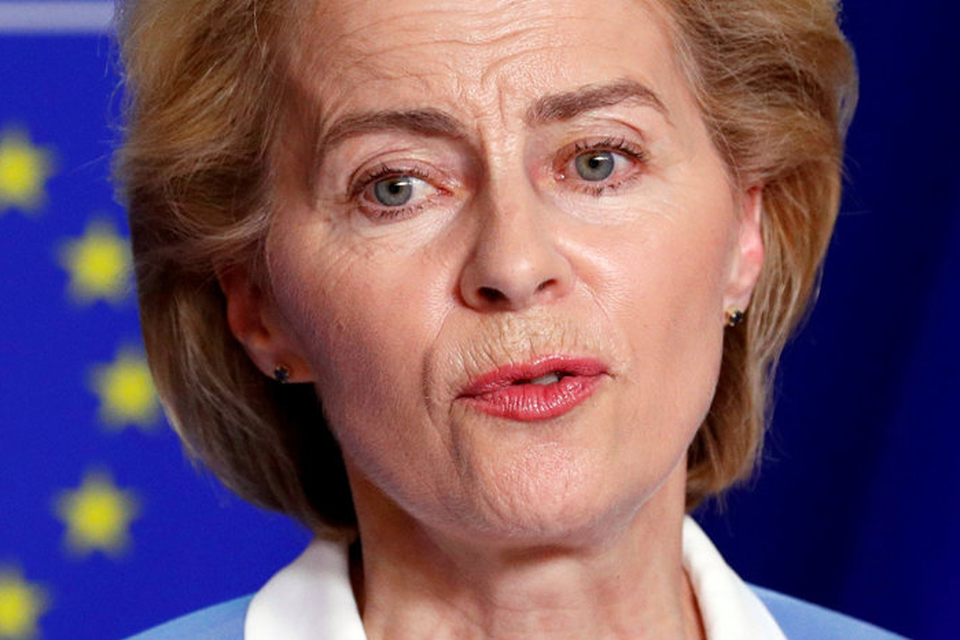Editorial: 'Greatest challenge is yet to come for Von der Leyen'
Ursula von der Leyen. Photo: REUTERS/Francois Lenoir
'The trust you placed in me is the confidence you placed in Europe," a modest, but clearly relieved Ursula von der Leyen said after passing a significant milestone in becoming the first woman president of the EU Commission.
The former German defence minister has proven herself immensely capable, and those strengths will be tested in the coming months, at a time when the "confidence" of Europe looks decidedly shaky.
She will need the hands of a neurosurgeon and the coolness of a bomb-disposal expert to avoid the fallout from an explosive Brexit.
Her first overtures to the UK were measured in a unifying, conciliatory message.
The willingness to offer a Brexit extension beyond October, "should more time be required", was also wise and statesmanlike.
In the face of predictable jeers from Brexiteers, she struck a dignified tone for the future, registering both the union's "regret" and "respect" for their decision to go.
As Boris Johnson readies himself to be the next prime minister, storming the ramparts to get the UK out as fast as he can, he might reflect on the words of his hero Winston Churchill, who said: "We hope to see a Europe where men of every country will think of being a European as of belonging to their native land, and... wherever they go in this wide domain... will truly feel, 'Here, I am at home'."
How times change.
Thus, from an Irish perspective, it was reassuring to hear the new president resolute in her insistence the Withdrawal Agreement must stand.
On vital issues such as citizens' rights, and peace and security on this island, she noted it offers certainty where Brexit "provides uncertainty". Her steely determination will be needed if her hope of a 50-50 male-female commission is to be realised.
With the rise of populism, and the alienation of many from mainstream politics - on both sides of the Atlantic - maintaining European values takes on renewed urgency.
That Ms von der Leyen is so close to German Chancellor Angela Merkel will be seen as reassuring in maintaining stability, consistency and continuity.
Yet her outspoken support for closer security co-operation among EU states will make some nervous. Her federalist views will also make some uneasy about ceding sovereignty along the lines of a "United States of Europe".
She has vowed to put climate change at the top of her agenda. She has also pledged to work to democratise the union.
Bridging the gap between the commission and MEPs is another priority.
Her appointment was divisive, as she was not a lead candidate in the EU elections.
Parliament had argued persuasively that the next president must be on the ballot paper during the contest and have campaigned across the EU.
This would accord with the so-called "spitzenkandidat" system.
Ms von der Leyen came through by a narrow margin, despite such challenges.
But maintaining unity in so divided a parliament will not be easy.
Join the Irish Independent WhatsApp channel
Stay up to date with all the latest news















